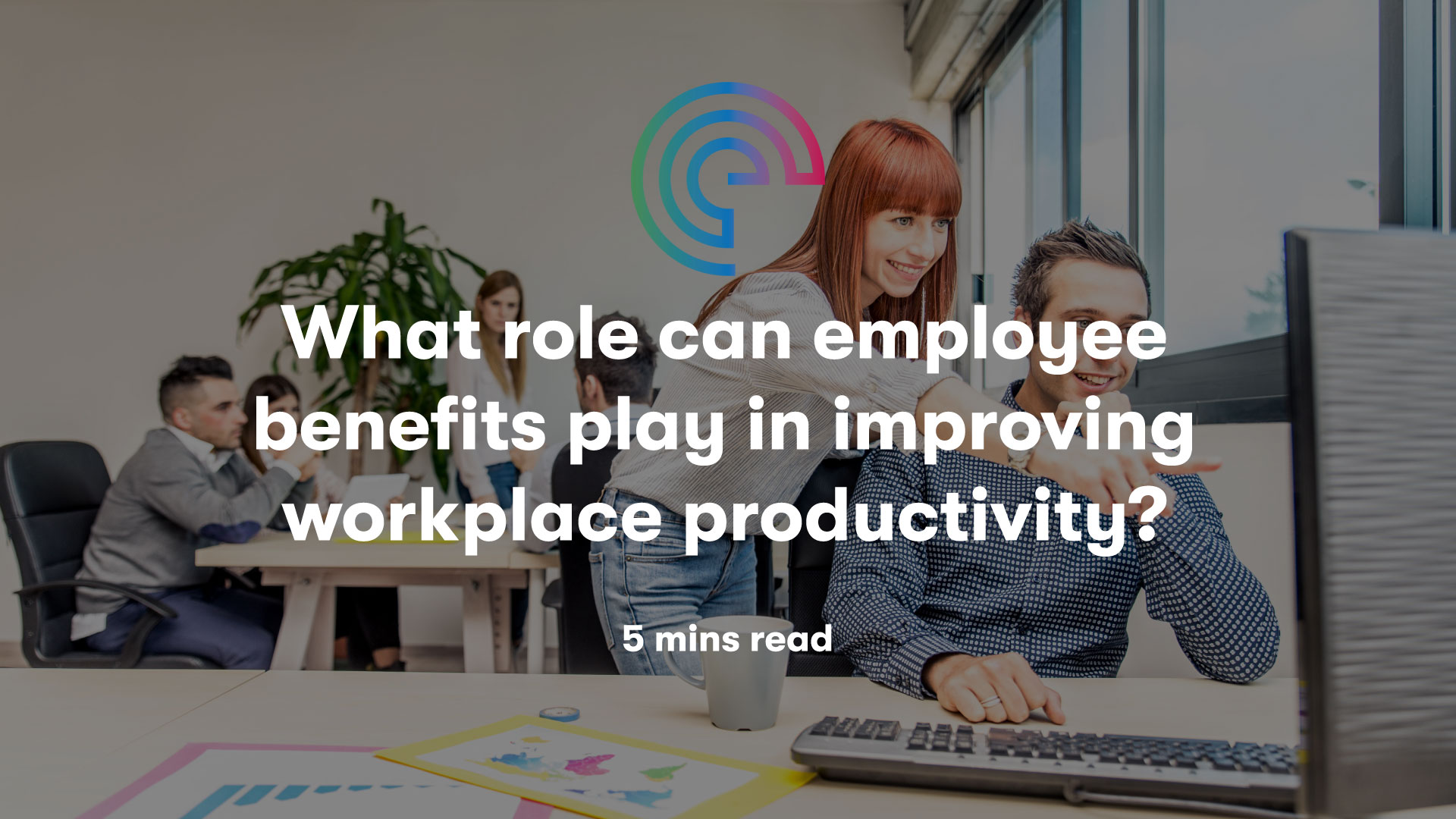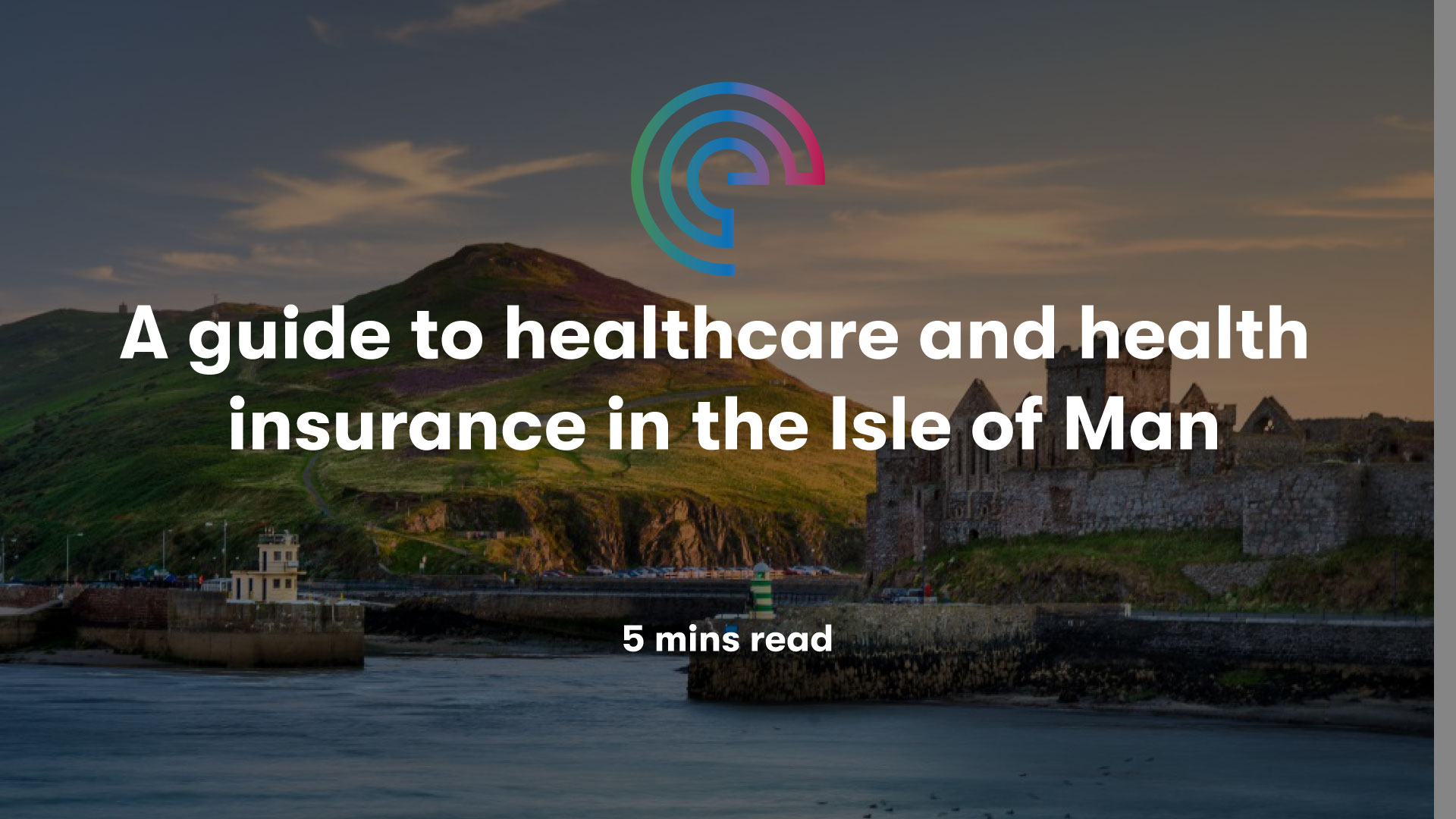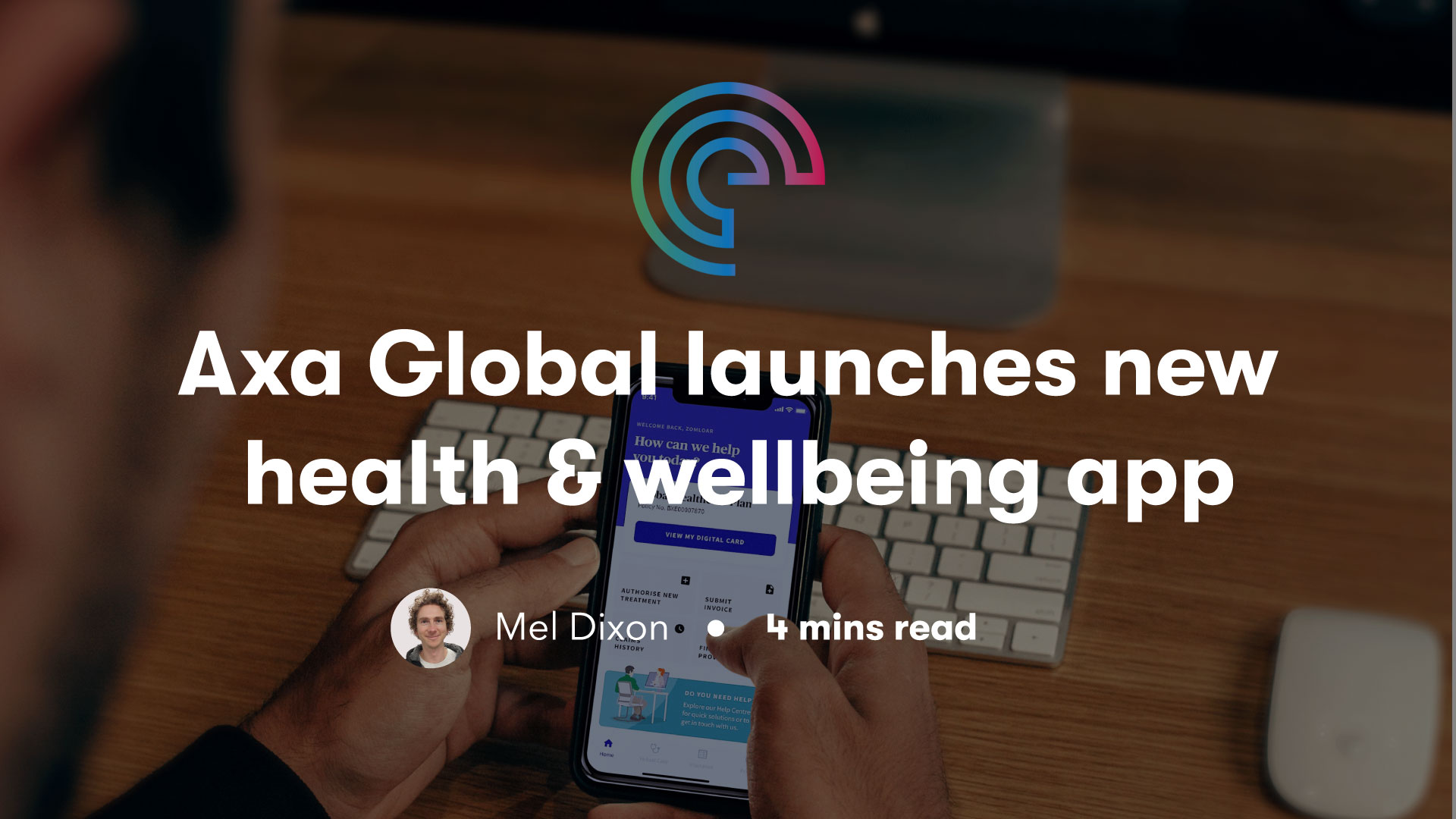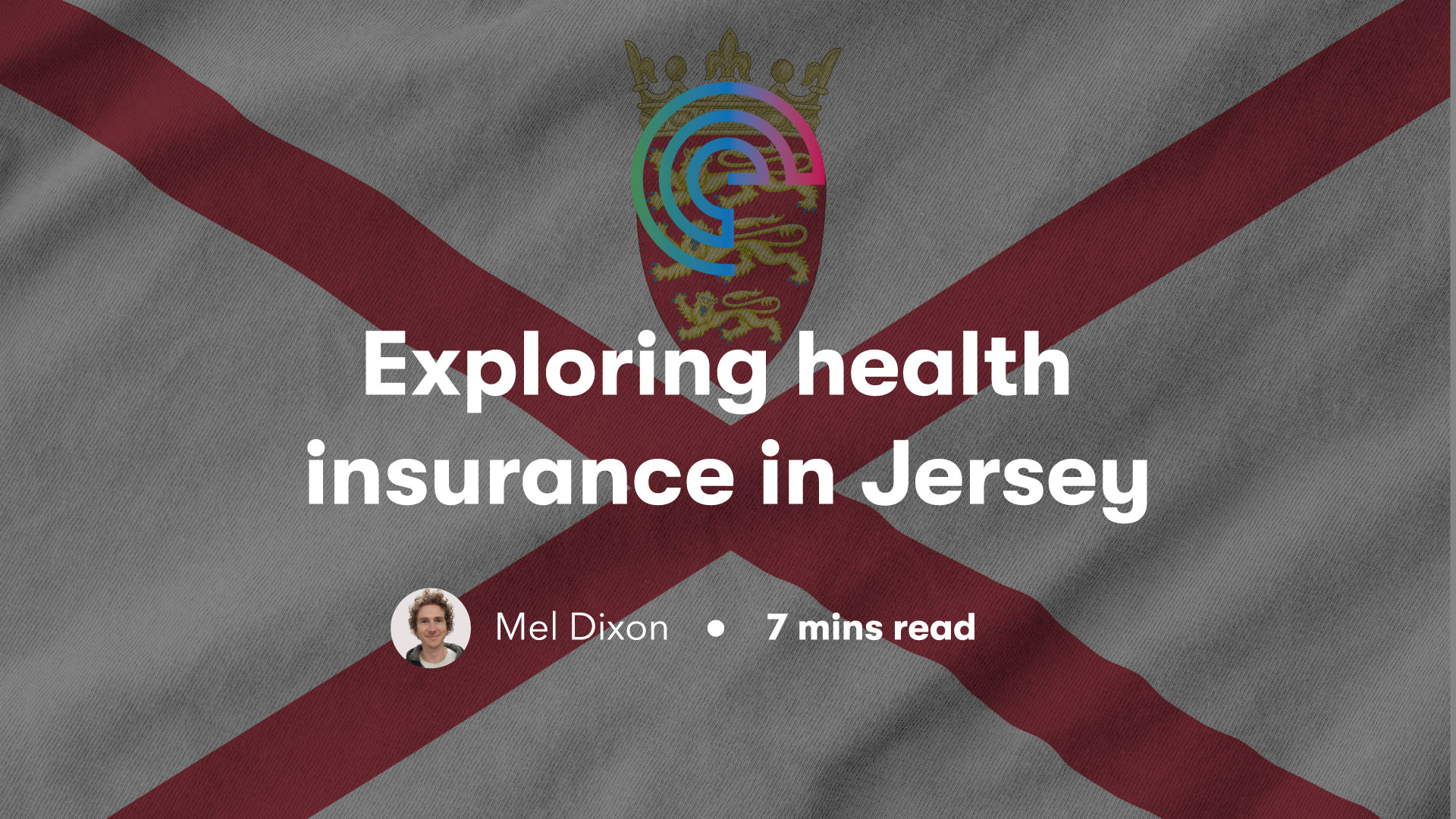The AXA Virtual Talks provide insights from business experts, researchers, and non-profit speakers, giving a deep exploration of the factors affecting sustainable wellbeing.
After 2 years of individual and collective struggle from the pandemic, social change regarding mental health has emerged. Through the whole world experiencing shared challenges, a “heightened awareness of vulnerability” is opening discussions on how we can enact change in the work environment to benefit both employer and employee, and how much cultural differences impacts this.
Further reading: AXA Global Healthcare: Is it the right option for your business?
AXA virtual health live talks
AXA’s Virtual Health Days Live Talks consisted of 4 sessions to choose from. The sessions we, at Engage, joined were:
Session 1 “Transitioning to a sustainable wellbeing society”, which explored mental health regarding young people, employees, and expats.
Session 3 “Tackling the mental health impact of the covid-19 crisis”, discussing how the pandemic has affected work and mental wellbeing.
Key takeaways and interesting highlights
Mental health (Session 1)
- 50% of all lifetime mental illness begins by the age of 14, 75% by the age of 24.
- 25% of people who predisposed with depression before the pandemic has gone up to 51% during the pandemic, while anxiety has risen from 8% to 23%.
- When working from home people feel they are disconnected, missing not only social interactions but also important data/information that could have negative impact on their day-to-day job functioning.
- Work can contribute to mental health issues, but also workplace can have a role in the treatment of mental health disorders, this needs to be explored more in the future.
- Young people have shifted the way we perceive work: work has become a means to fulfil other aspects of life, rather than living to work! There is more drive for flexible working – employers must adapt and learn from covid to keep up.
- Young people with mental health issues struggle to find and hold down jobs: employers should be more flexible with their approaches to work hours, at home working, work schedules, and train managers in different mental health issues to be another source of support for other employees.
- WHO study: long work hours leading to burnout. From 2000-2016, 745,000 deaths were attributed to long hours, more than deaths cause by air pollution. From an international perspective, working more than 55 hours a week is more common in Asia and Pacific than EU and Africa. In Japan, long working hours are a part of the work culture, while stigma in Morocco, these lead to more issue of mental health.
- Working from home has both positives and negatives: no commuting time means a gain in 1-1.5 hours, but 40% say they spend this time working for longer instead of relaxing or seeing family. Also, with digital technology in place (24/7) it is difficult to disconnect from work. So, for some, it is now harder to have a good work/ life balance.
- Predictions for future work: mixture of in-person (for interactions, discussions, meeting with people, gatherings, creativity) and at home digital working (for focussed concentration).
- WHO study: 46% of expats returning looked positively at their experience, with 10% saying their mental health had deteriorated. Young expats are more affected, face more challenges than senior expats – less experience therefore need more support from organisations.
- Employers need to take duty of care very seriously for expats, not only with Employee Assistance Programmes, but EAP with both virtual and physical means of connecting. What is really important is good management and caring, regular chats with expats, a holistic approach to mental and physical care.
Mental health & covid (Session 3)
Discussion around how mental health has evolved throughout the different phases of the pandemic – an interesting take on how the pandemic has affected all of us!
- Beginning of pandemic: anxiety on covid itself – contracting the virus, fear of loss, fear for loved ones
- Pandemic continuing: anxiety shifts to isolation, loneliness, relationship issues, burnout, juggling work and life at home, lack of control
- Developing into: covid fatigue, economic pressures, redundancies, disconnection from other cultures and contexts
- Had to learn to live alongside covid
What is the role of the insurance providers, like AXA?
Insurers have a role to play in breaking down the taboo of mental health at work! AXA with millions of customers have a responsibility to support both clients and society. Example of AXA’s initiatives to tackle mental health:
- Open conversation to break down the tabu
- Invest in research
- Developing early intervention tools
- Holistic platforms – from breathing exercises to talking to psychologists
- Have a Duty of Care
- Provide access to virtual doctors with the same language
- Introducing affordable and accessible digital platforms
- Emma app supported by both AI and humans: All-in-one insurance and health services platform across Asia, with 2 million users (1. View policies 2. Submit & track claims 3. Manage funds 4. Range of health services 5. Chatbox service 6. Teleconsultation service)
- Angel app: same as above, being implemented across Europe
What have AXA done since the pandemic for its employees?
- Heightened awareness at an early stage of the pandemic – recognising a deterioration of mental health from employees
- School help/child support – additional stress and isolation is a risk for employees with families, need extra support
- ‘In this together’ initiative to find ways to connect with each other: Online yoga classes to help reduce stress and feelings of isolation/manager walk and talks to connect away from work
- Invest in Mental Health First Aiders – AXA began this before the pandemic
- Increase applications for EAP’s
- Introduced app-based platform – access to doctors and psychologists, as a safety net
- Promote inclusive culture
Adaptation of workplace is key
The AXA Virtual Health Days Talks provided an interactive take on an extremely talked about subject within the workforce. Such interesting commentary from all involved, leaving viewers with questions answered as well as wanting to discuss more.
One of those lingering thoughts we were left with was raised by Prof. Lode Godderis (AXA-supported researcher, Leuven University, Belgium):
“Remote working doesn’t become a means to perform best but becomes an objective and this is one of the challenges companies might have… as to what extent can we talk and discuss to employees about their needs, their expectancies, but also to see how we can create the best workplaces, including home.”
“My advice is please think about the means you need to perform best and that make people engage and passionate about their job, rather than instrumentalising workplaces… I really think we need to adapt, be flexible, and listen to each other’s expectancies and doubts.”
Contact us at Engage Health Group Ltd for our free no-obligation advice, where we can help answer any of your questions on how to best support your employees during this time.
Speakers:
Nadia Charbit
Prof. Lode Godderis, AXA-supported researcher, Leuven University, Belgium
Dr Jasmin Wertz, AXA-supported researcher, Duke University, USA
Thomas Wilkinson, CEO AXA Global Healthcare
Wiebke Welgemoed, Chief Operating Officer ICAS
Andrew Davies, Chief Executive Officer ICAS
Dr Leena Johns, Head of Health & Wellness MAXIS GBN









